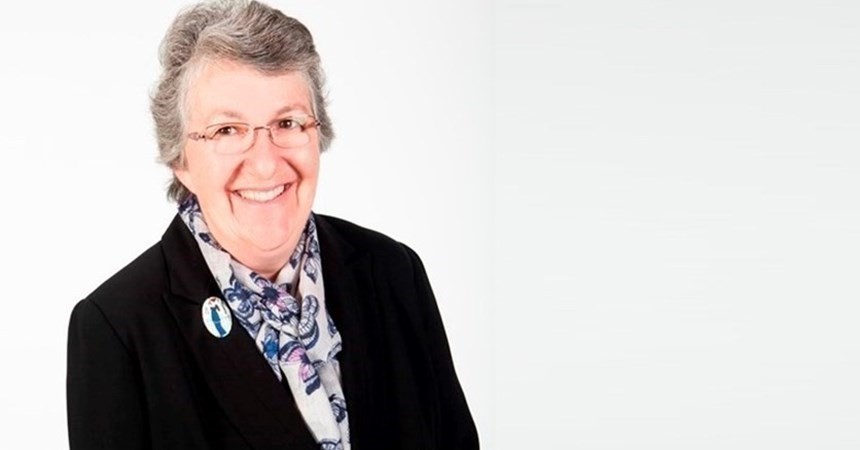Overwhelmingly, the key message has been that we need to comprehend that God loves each of us, and that he sent us His Son Jesus to show us how to be fully human and fully alive. The respondents are really concerned that even many of those who are part of the Catholic Church, or who connect with the Church, are totally unaware of that, which means they do not find our lived faith meaningful, and are therefore not interested in joining us.
It was obvious to me that those who participated in the contemplative dialogue process found the content and the small groups engaging and thought-provoking. Many expressed their gratitude for the opportunity to stop and go deeper, and then to provide feedback. Thank you to those of you who have taken the time to reflect and respond. I invite you to go to our synod website and to spend time reading the feedback - https://www.domnsynod.com.au/get-involved/discussion/
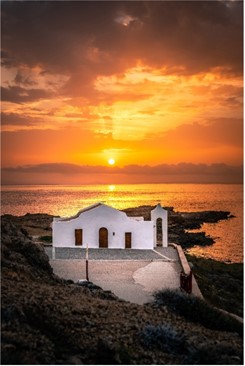
In the main, people have found the respective components of each of the Five Foundation Papers valuable, providing suggestions as to how we might move towards the spiritual framework that has been suggested. People from the Synod Working Party have read all of the submissions and have made changes to the Foundation Papers which will now be discussed at the Synod Working Party meeting on Wednesday, before they become the Five Synod Foundation Papers to be sent out to all members of synod for further prayer and discernment.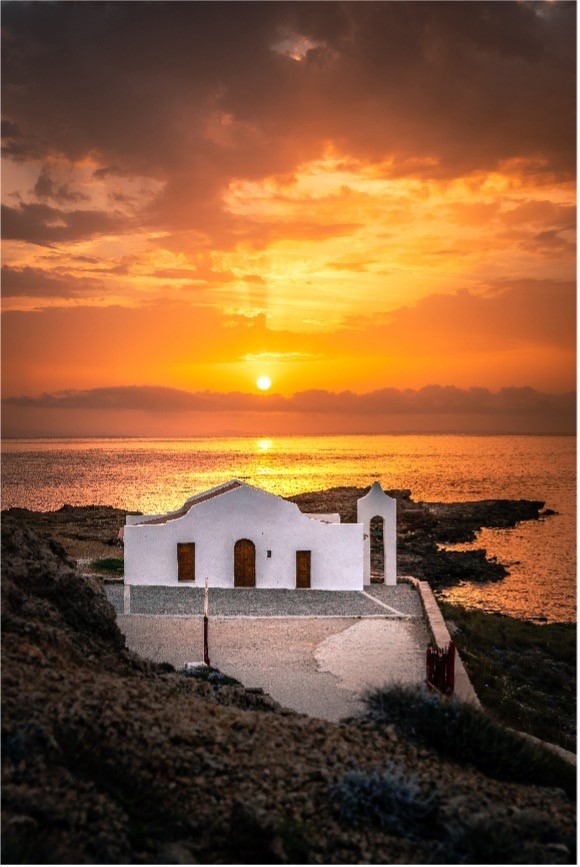
Once again, through the week, people have gathered with Bishop Bill for his Reflection days, this time at Forster and Toronto. God’s mercy, love and forgiveness are key to his message from Pope Francis, and Bishop Bill’s desire for us to focus first on the person of Jesus. As missionary disciples, we are called to go out and to witness this love to all of creation. The struggle for us is that we have the trappings of an ancient institution which can stifle our realisation of God’s mission. It is not an either/or conversation but one of both/and. As humans we tend to move towards a dualistic solution rather than embracing the complexity of both/and.
This evening (Sunday) at Mass, we prayed Eucharistic Prayer for Use in Masses for Various Needs IV. Fr Matthew indicated that this was because of its relevance to our First Reading (Acts 4:8-12) in which Peter is giving an explanation for the act of kindness shown to a cripple. He explains that it is in the name of Jesus Christ….. “This is the stone rejected by you the builders, but which has proved to be the keystone.”
In the Preface to this Eucharistic Prayer we prayed:
He always showed compassion for children and for the poor, for the sick and for sinners, and he became a neighbour to the oppressed and the afflicted. By word and deed, he announced to the world that you are our Father and that you care for all your sons and daughters.
And then in the Eucharistic Prayer we continued to pray:
Open our eyes to the needs of our brothers and sisters; inspire in us words and actions to comfort those who labour and are burdened. Make us serve them truly, after the example of Christ and at his command. And may your Church stand as a living witness to truth and freedom, to peace and justice, that all people may be raised up to a new hope.
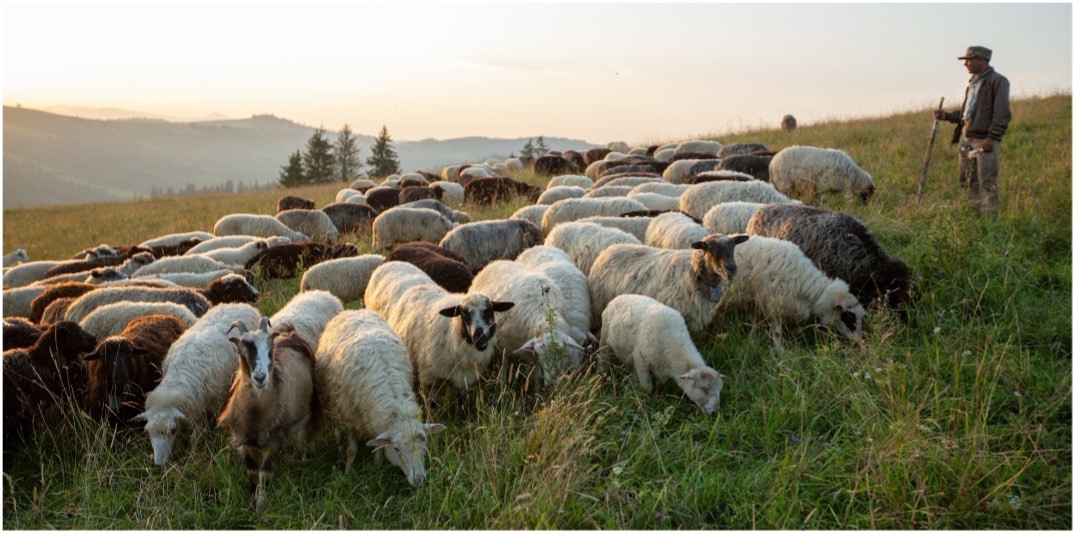
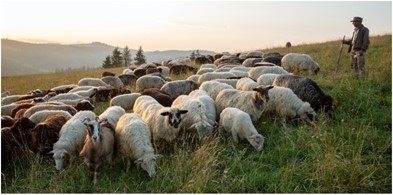 These prayers are very reflective of the hope of so many people who are engaged in our diocesan synod process. We have the words for our hope, we can imagine what should be, and yet it appears that we are struggling to make this a lived reality. Bishop Bill also spoke about the words from Pope Francis about being the Good Shepherd. Jesus, the Good Shepherd, watches over us always and lays down his life for us. He leads us to pasture, to water and to safety. He searches for us when we stray and bandages our wounds. We must listen to his voice, and also be good shepherds for those who we encounter every moment of every day – in our homes, streets, shopping centres, workplaces, ministries, churches, social settings, etc. It is us who are the face, hands, feet, voice, ears and heart of Jesus Christ now. We are the only witnesses to this message of faith, hope and love.
These prayers are very reflective of the hope of so many people who are engaged in our diocesan synod process. We have the words for our hope, we can imagine what should be, and yet it appears that we are struggling to make this a lived reality. Bishop Bill also spoke about the words from Pope Francis about being the Good Shepherd. Jesus, the Good Shepherd, watches over us always and lays down his life for us. He leads us to pasture, to water and to safety. He searches for us when we stray and bandages our wounds. We must listen to his voice, and also be good shepherds for those who we encounter every moment of every day – in our homes, streets, shopping centres, workplaces, ministries, churches, social settings, etc. It is us who are the face, hands, feet, voice, ears and heart of Jesus Christ now. We are the only witnesses to this message of faith, hope and love.
I believe this is the core, the essence of what the synod papers and the responses are inviting us to. We are a sacramental church and on this particular Sunday, Good Shepherd Sunday, we are asked to pray for vocations to the ordained and religious life in particular. Many respondents struggled with the shared responsibility of the ordained and the laity, while honouring and being grateful for the sacred ministry of the priesthood of the ordained.
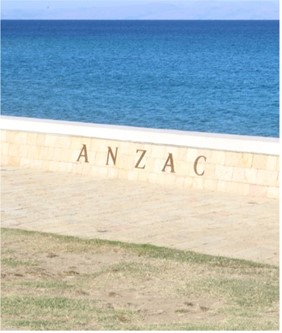 I am also conscious that I am scribing this message on Anzac Day, as we recall the courage and the many lives lost in the many battles fought over many years by Australian and New Zealand forces. I have no doubt that we are called to care for each other and to live in peace. The following words formed part of the weekend bulletin notices from the Inner Newcastle Parish:
I am also conscious that I am scribing this message on Anzac Day, as we recall the courage and the many lives lost in the many battles fought over many years by Australian and New Zealand forces. I have no doubt that we are called to care for each other and to live in peace. The following words formed part of the weekend bulletin notices from the Inner Newcastle Parish:
These words are attributed to Kemal Ataturk in 1934 as a tribute to the Anzacs killed at Gallipoli:
Those heroes that shed their blood and lost their lives... You are now lying in the soil of a friendly country. Therefore rest in peace. There is no difference between the Johnnies and the Mehmets to us where they lie side by side here in this country of ours... You, the mothers who sent their sons from faraway countries, wipe away your tears; your sons are now lying in our bosom and are in peace. After having lost their lives on this land they have become our sons as well.
Mustafa Kemal Ataturk (1881‐1938).
During this week, my mind also turns to my mum, whose anniversary of her death I remember. It is hard for me to imagine that almost 20 years have passed since her passing. She bravely gave birth to twelve children who continue to make a difference to the lives of those around them. This week I will pray to both of my parents, Thelma Mary and Bernard Augustine for our Diocesan Synod. I recall their struggles post the Second Vatican Council and then their capacity to eventually embrace the changes it called us to. I invite you to pray to your forebears over the next four weeks for grace, inspiration, patience, understanding, hope and wisdom for our Diocesan Synod.
